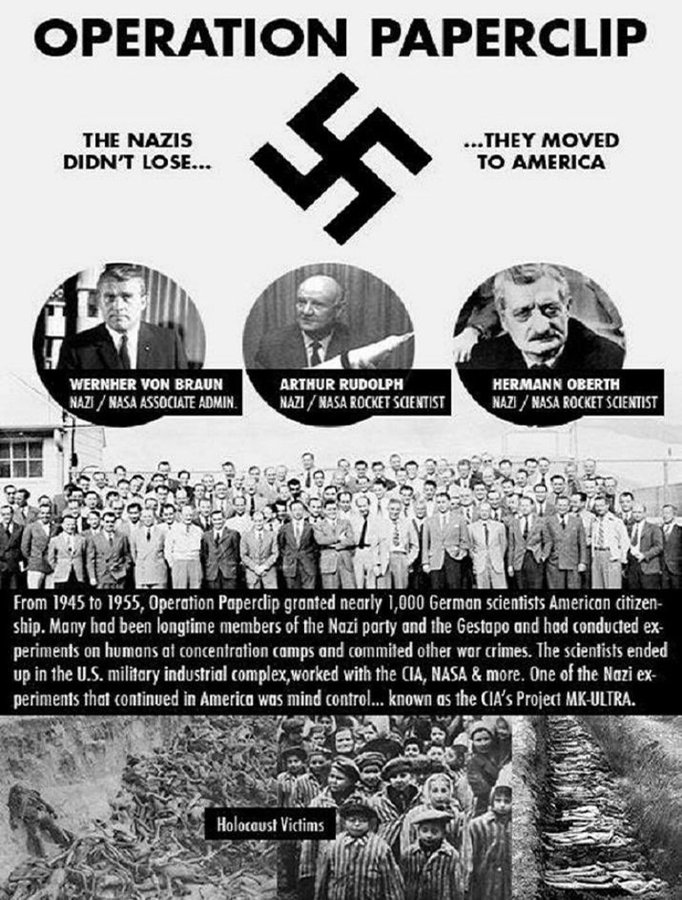Only freaking thing here is you. As for soviets they were are noble allies in the fight with real and clear Evil and only freaking freaks at that time could think of separate peace with Hitler.
But by this time, American and British soldiers saw the nazi death camps and realized for sure, who they were fighting. A jerk who proposed a separate peace with the nazis would be rolled in tar and feathers and thrown out of political life.
Besides, you forgot, that the United States was vitally interested in the participation of the USSR in the war with Japan. The USSR fulfilled its promise on time, thereby saving the United States from invading the islands and many thousands of casualties among its troops . What thanks did it get for that? No bloody thanks!
The United States, fattened by the war, with reserves of gold from all over the world, having no destruction on its territory and occupying its main rivals in the economic competition, really thought about world domination. Only the USSR was on the way. That's why the Cold War began. The Soviet Union, dilapidated and having lost a huge number of people, did not need any war. But Capitalism thought otherwise.
" As for soviets they were are noble allies...."
Of course they weren't, Bonzo.
Victor Kravchenko, one of the first and most influential Soviet defectors to the United States, who had written "I Chose Freedom," a searing account of life under Stalin.
A year and a half after WWII began in Europe, Roosevelt’s Lend-Lease supplied a prodigious amount of war materiel to Russia, without which the embattled Red Army, the only challenge to Hitler’s forces, would have been defeated. The temporary congruence of interests was called an alliance, albeit a strange one. For example, when the Americans tried to find a way that long-range American bombers could land in Russia to re-fuel, so as to bomb deep into Germany, the Russians were found to be suspicious, ungrateful, secretive, xenophobic, unfriendly, in short….a great deal of take and very little give.
While American presence in Russia was modest and equivocal, Russian presence in wartime America was so large that they had to set up a corporate headquarters on Sixteenth Street in Washington. One of the executives in the huge staff was Victor Kravchenko, metallurgist, engineer, executive, and captain in the Red Army. And the first Soviet “defector.”
Kravchenko, a mining and steel engineer, was a mid-level official in the Soviet lend-lease office in Washington, D.C., when he sought asylum in 1944. At the time, the Soviet Union was still a U.S. war ally, and many Americans were willing to give the benefit of the doubt to "Uncle Joe" Stalin. Kravchenko wanted to shatter those illusions. His defection was front-page news and prompted debate at the highest levels of government, up to and including President Franklin D. Roosevelt. Stalin demanded that he be turned over as a traitor--an automatic death sentence. FBI Director J. Edgar Hoover urged FDR to let him stay. On April 13, 1945, the day after Roosevelt died, Kravchenko received notice that his application for asylum had been granted.
http://www.latimes.com/la-tm-kravchenko11may11,0,6020141,full.story
Victor Kravchenko appeared before the committee, speaking in rapid-fire Russian and occasionally switching to heavily accented, balky English. He told the committee that
"every responsible representative of the Soviet government in the United States may be regarded as an economic or political spy," and that no Soviet citizen arrived in the U.S. without a "specific assignment" to collect secret documents. He also declared it "foolish and dangerous" to underrate the ability of the Russians to produce nuclear weapons, and said that Soviet disarmament plans were a sham, designed to "play for time."
http://www.phoenixnewtimes.com/1992-02-12/news/l-affaire-fravchenko/